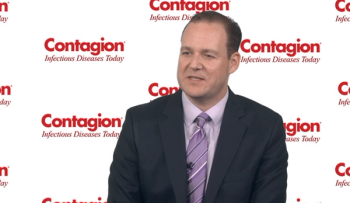
Contagion Editor-in-Chief Jason Gallagher, PharmD, FCCP, FIDP, FIDSA, BCPS, discusses the quick evolution of this variant and how vaccination rates have influenced this COVID-19 strain.
John Parkinson is the assistant managing editor for Contagion. Prior to joining MJH Life Sciences in 2020, he has covered a variety of fields and markets including diabetes, oncology, ophthalmology, IT, travel, and local news. You can email him at jparkinson@mjhlifesciences.com.

Contagion Editor-in-Chief Jason Gallagher, PharmD, FCCP, FIDP, FIDSA, BCPS, discusses the quick evolution of this variant and how vaccination rates have influenced this COVID-19 strain.

With the FDA nod, Regeneron’s monoclonal antibody Regen-Cov (casirivimab and imdevimab) is authorized for the use of the therapy for post-exposure prophylaxis in certain people exposed to SARS-CoV-2 or who are at high risk of exposure to an infected individual.

As the international world struggles to get first doses, the World Health Organization Director General Tedros Adhanom Ghebreyesus says this should also include high-risk populations.

A report says the timetable is for Labor Day or sooner.

Over the last 4 weeks there has been an 80% increase in the continent and the Delta variant is the large cause according to the World Health Organization (WHO).
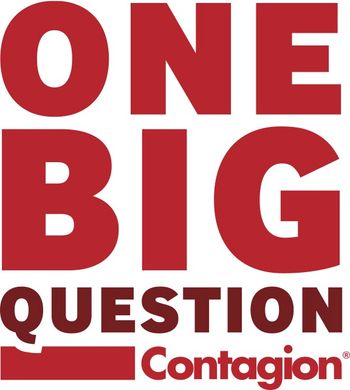
What are the efforts being made with antibiotic stewardship and treatments, and what areas in clinical care do medical professionals want to see improvements.
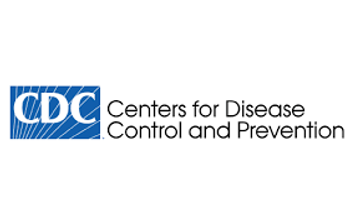
With new mask guidance comes questions and confusion, especially with the new strain of COVID-19 and those who have been vaccinated.
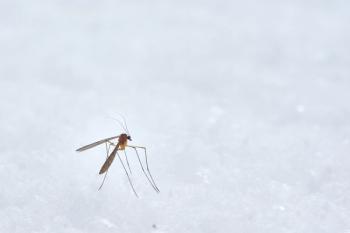
The company is planning to use its mRNA platform to develop the vaccine for malaria, which is the same successful technology it harnessed for its COVID-19 vaccine.

With its latest earnings report showing the financial impact of the vaccine, the Delta variant becoming the dominant strain in the US, and concerns of waning immunity, the company believes there is evidence for an additional booster shot.
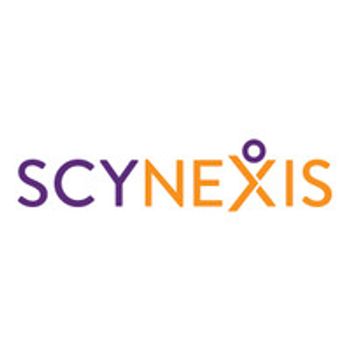
In a small study, the newly FDA approved antifungal demonstrated “clinical activity” against the emerging pathogen.

With millions of Americans affected by sexually transmitted infections (STI) an emphasis on prevention and control strategies was included in the recommendations.

Investigators wanted to study usage of F/TAF vs F/TDF in clinical practice and HIV seroconversion.

Adherence for daily dosing decreased and event-driven PrEP usage increased in a Chinese study.

In a pilot project, customers were surveyed about HIV risk behaviors to gain further insights and assessed for potential PrEP utilization.

A meta-analysis study found that 70% of PrEP users either stopped or had inadequate adherence within 6 months of initiation.

The federal agency gives nod for fexinidazole as the first all-oral treatment for the parasitic illness.

Small survey from gay and bisexual men (GBM) inquired about their experiences during COVID-19 restrictions, and feedback on PrEP.

In Brazil, a concerted effort of recruiting adolescents was made to go out and talk with them about PrEP.

The Pasteur Act in Congress is designed to incentivize pharmaceutical companies to develop new antibiotics.

Investigators surveyed men who have sex with men (MSM) about long-acting injectable pre-exposure prophylaxis (PrEP) including attitudes towards potentially taking it and barriers to usage.

As younger generations come of age, there is a continuous need to inform them about HIV risks, offer insights about prevention strategies, and understand the challenges for people living with HIV (PLWH).
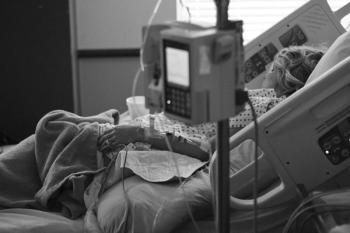
A large study finds 1 out of 2 patients develop at least one during their hospital stay.

A group of personnel at a veterans administration medical center (VAMC)) did a drive-thru to help bolster vaccination amongst coworkers.

Investigators followed patients with pediatric inflammatory multisystem syndrome temporally associated with SARS-CoV-2 (PIMS-TS) for 6 months to review their outcomes.

A Swiss population-based study showed more people in socioeconomically challenged places tested positive more frequently, saw higher hospitalizations, and greater mortality rates than those in higher socioeconomic places.
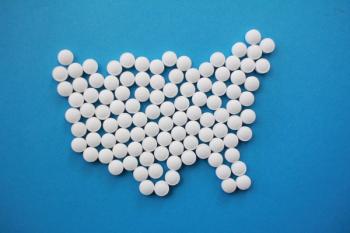
Azithromycin versus standard care in patients with mild-to-moderate COVID-19, did not reduce the risk of hospital admission or mortality.

The company’s RBX2660, administered as a single dose, demonstrated superiority over standard of care for reducing Clostridioides difficile infection (CDI) recurrence.

CDC says infections linked to the consumption of Jule’s Cashew Brie, a vegan, or plant-based cheese alternative, was linked to the cashews used in the ingredients.
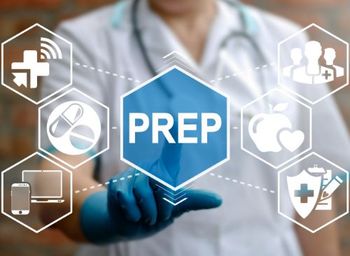
A new Australian study shows the infection rate was 1.61 cases per 1000 people per year over a 3 year study period in participants with access to the therapy.

The therapy would be the first capsid inhibitor and the only HIV treatment option administered every 6 months.